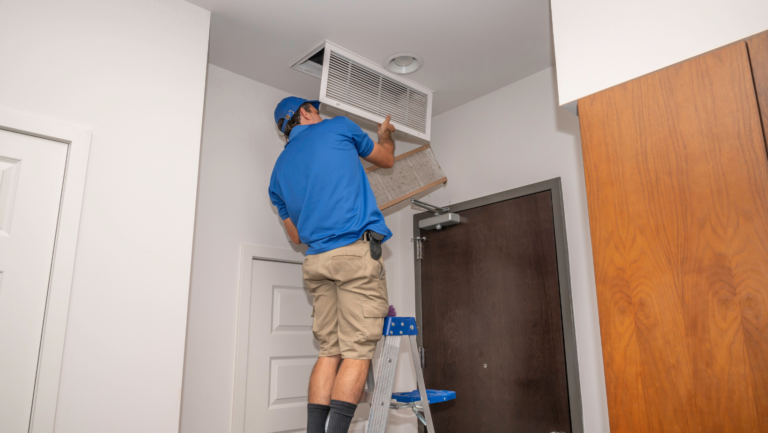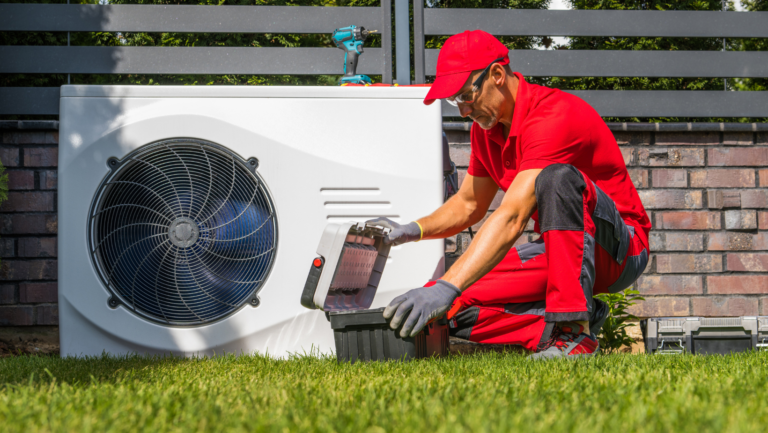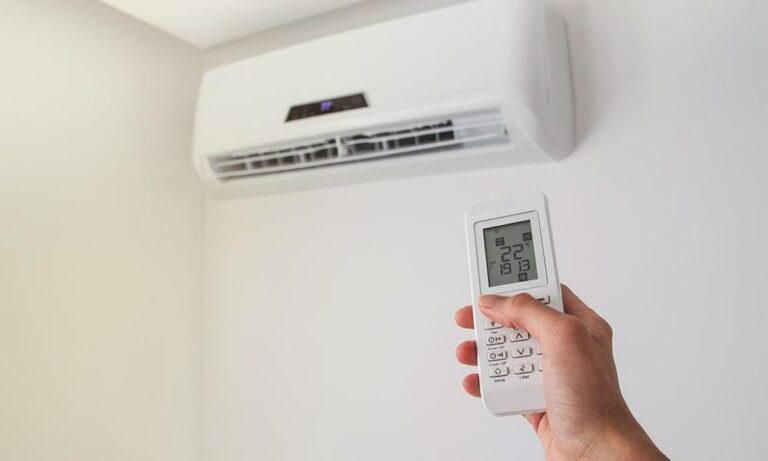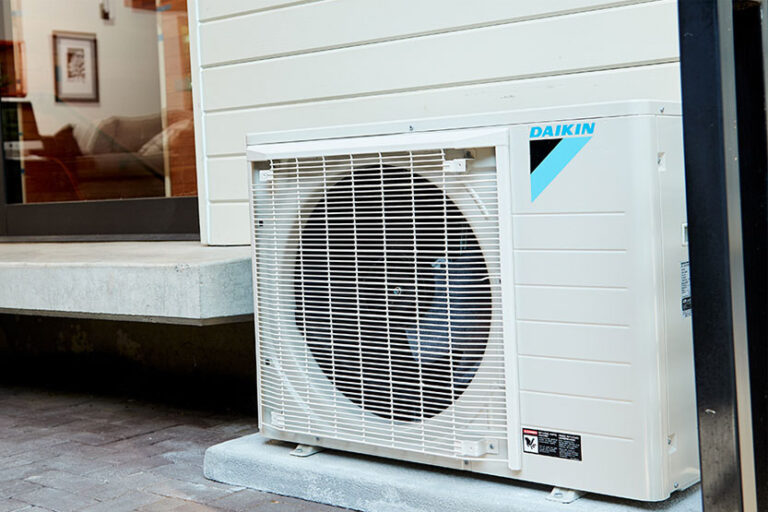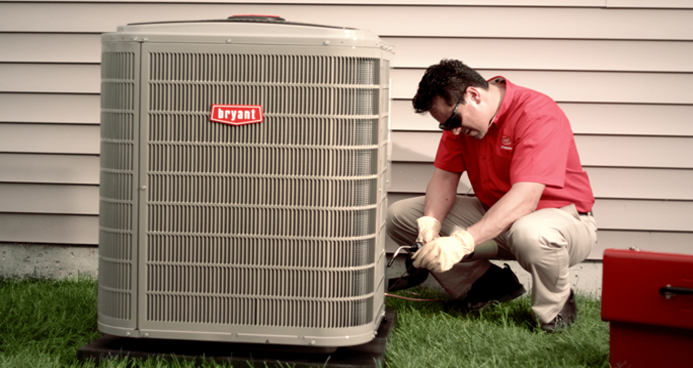Unveiling the Lifespan of HVAC Systems
Heating, Ventilation, and Air Conditioning (HVAC) systems are integral to modern indoor comfort. These systems regulate temperature, humidity, and air quality in residential and commercial buildings. HVAC systems consist of various components, including furnaces, air conditioners, heat pumps, and ventilation systems, working harmoniously to maintain a comfortable environment.
Understanding the lifespan of HVAC systems is crucial for homeowners and business owners. HVAC systems are substantial investments, and knowing how long they are likely to last allows for better financial planning. Moreover, knowing when to replace or upgrade your system can prevent unexpected breakdowns and ensure consistent comfort.
Factors Influencing Lifespanallation
The quality of the initial installation plays a pivotal role in determining the lifespan of an HVAC system. Improper installation can lead to inefficient operation, increased wear and tear, and even premature failure. Therefore, hiring a skilled and experienced HVAC technician for installation is essential. Regular maintenance is another key factor in prolonging the lifespan of HVAC systems. Routine inspections, cleaning, and servicing can prevent minor issues from escalating into major problems. Neglecting maintenance can result in decreased efficiency and a shorter lifespan for the system.
Environmental conditions can significantly impact the longevity of HVAC systems. Exposure to extreme temperatures, excessive moisture, or corrosive elements can lead to accelerated wear and tear. Climate, pollution levels, and natural elements like saltwater near coastal areas can all influence how long an HVAC system will last.
Average Lifespan Statistics
The average lifespan of HVAC systems varies depending on the type and brand, but as a general guideline:
- Furnaces: 15-20 years
- Air Conditioners: 10-15 years
- Heat Pumps: 10-15 years
- Ventilation Systems: 15-25 years
These numbers can vary based on maintenance, usage, and environmental factors.
Climate zones have a significant impact on HVAC system lifespans. Systems in areas with extreme temperatures may experience more stress and wear. For instance, an air conditioner in a region with scorching summers will likely have a shorter lifespan than one in a milder climate.
Signs of Aging Systems
One of the first signs of an aging HVAC system is decreased efficiency. Your system may struggle to heat or cool your space effectively, resulting in uneven temperatures or longer runtime. This inefficiency can lead to higher energy bills. Unusual noises, such as clanging, banging, or rattling, can also indicate problems within the HVAC system. These noises may be due to loose or damaged components, which, if left unaddressed, can lead to further damage and a reduced lifespan.
Furthermore, if you notice a sudden increase in your energy bills without a corresponding change in usage, your HVAC system may be to blame. As systems age, they become less efficient, causing them to consume more energy to maintain the desired temperature.
Types of HVAC Systems
When it comes to HVAC systems, there isn’t a one-size-fits-all solution. Different types of HVAC systems are designed to meet various heating and cooling needs in residential and commercial spaces.
Central Air Conditioning
Central air conditioning systems are a popular choice for cooling large spaces efficiently. They work by distributing cool air through a network of ducts and vents. These systems are known for maintaining consistent indoor temperatures and are commonly found in homes and commercial buildings.
Furnace Systems
Furnace systems are primarily responsible for heating indoor spaces. They use various fuel sources, such as natural gas, oil, or electricity, to generate heat. Furnaces can be paired with central air conditioning systems for heating and cooling, offering year-round comfort.
Heat Pumps
Heat pumps are versatile systems that can provide both heating and cooling. They transfer heat between indoor and outdoor units, allowing them to warm or cool your space efficiently. Heat pumps are energy-efficient and are often chosen for their ability to save on utility bills.
Lifespan Extension Strategies
One of the most effective ways to extend the lifespan of your HVAC system is through regular maintenance. Schedule annual inspections and servicing with a professional technician. Regularly changing air filters, cleaning coils, and ensuring proper airflow can prevent wear and tear, keeping your system running smoothly.
Another strategy for extending the lifespan of your HVAC system is upgrading individual components when needed. This could include replacing an aging compressor or upgrading to a more efficient thermostat. These targeted upgrades can improve performance and efficiency, potentially adding years to your system’s life.
Integrating modern technology into your HVAC system can enhance its lifespan and efficiency. Smart thermostats, for example, allow you to control your HVAC system remotely and optimize temperature settings. Advanced diagnostic tools can also help identify and address issues before they lead to major problems.
Government Regulations
Government regulations and industry standards play a significant role in the HVAC industry. These standards ensure that HVAC systems meet specific performance and safety criteria. Staying compliant with these regulations ensures the longevity of your system and the safety of occupants.
Within this regulatory landscape, various rules and standards are in place to govern the HVAC sector. For instance, energy efficiency standards established by entities like the Department of Energy (DOE) in the United States dictate the efficiency requirements for residential and commercial HVAC equipment such as furnaces and air conditioners. These standards are designed to reduce energy consumption and mitigate greenhouse gas emissions.
Moreover, to combat air pollution and maintain air quality, governments often impose emissions limits on combustion-based HVAC systems, particularly for commercial and industrial heating systems, necessitating the adoption of emission control technologies and compliance with emission standards.
Lifespan Discrepancies in Different Regions
Urban vs. Rural Settings
The lifespan of HVAC systems can vary significantly depending on whether they are installed in urban or rural settings. In urban areas, HVAC systems often face higher levels of pollution, dust, and particulate matter in the air. These contaminants can lead to rapid wear and tear, potentially shortening the system’s lifespan. Additionally, urban settings may have a higher demand for cooling and heating, which can result in more frequent usage, contributing to earlier system fatigue.
In contrast, HVAC systems in rural settings may experience cleaner air and less frequent use, potentially extending their lifespan. However, proper maintenance remains crucial in both environments to ensure optimal performance and longevity.
Coastal vs. Inland Areas
Coastal and inland areas also present distinct challenges to HVAC systems. Coastal regions are often exposed to salt-laden air from the ocean, which can lead to corrosion of system components. This can significantly impact the longevity of HVAC systems near the coast.
Inland areas, on the other hand, may experience more extreme temperature variations, especially in regions with harsh winters or scorching summers. These temperature fluctuations can stress HVAC systems, potentially shortening their lifespan. Therefore, homeowners and businesses in coastal and inland areas should take specific precautions, such as regular cleaning and corrosion protection for coastal systems and efficient insulation for inland systems, to maximize the lifespan of their HVAC equipment.
Summary of Key Findings
Understanding the factors that influence the lifespan of HVAC systems is essential for homeowners and businesses. Regular maintenance, proper installation, compliance with government regulations, and technology integration are key strategies to extend the lifespan of HVAC systems. Additionally, staying informed about regional disparities and tailoring maintenance and care can help maximize the longevity of these vital systems.
To navigate the complexities of HVAC system lifespan discrepancies and make informed decisions, it’s advisable to seek expert advice and services from HVAC professionals. These professionals can provide insights into regional challenges, offer maintenance recommendations, and assist in choosing the right HVAC system for your specific location and needs.
Considering these factors, you can ensure that your HVAC system performs optimally and endures for years to come, providing reliable comfort and efficiency.


